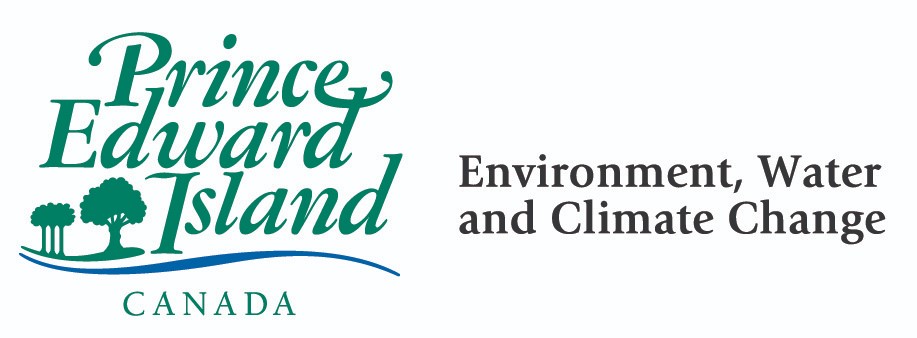Prince Edward Island's Climate Plan
Prince Edward Island (PEI), despite being Canada’s smallest province, has set ambitious climate goals to reduce its greenhouse gas (GHG) emissions and foster a sustainable future. The province’s Climate Change Action Plan is centered on reducing energy use, promoting renewable energy, and increasing energy efficiency in buildings. PEI is leveraging its size and close-knit communities to rapidly implement climate initiatives that make a significant impact. Here’s a look at the province’s key initiatives, accomplishments, and how the community is actively participating in the transition to a greener future.
Key Initiatives under the Prince Edward Island's Plan
1. Climate Change Action Plan
PEI’s Climate Change Action Plan, titled “Climate Change Action Plan: 2018-2023,” outlines the province’s approach to reducing GHG emissions while enhancing resilience to climate impacts. The plan sets specific targets and initiatives aimed at improving energy efficiency, transitioning to renewable energy, and reducing the overall carbon footprint of the province.
Key Objectives:
GHG Emissions Reduction: The plan commits to reducing GHG emissions by 30% below 2005 levels by 2030, aligning with national goals, and achieving net-zero emissions by 2040—an even more ambitious timeline than the federal target of 2050.
Sustainable Economic Growth: PEI aims to create economic opportunities through green industries, renewable energy projects, and energy efficiency programs, ensuring long-term sustainability for the province.
Community Participation:
Islanders are central to the success of the Climate Change Action Plan, with local businesses, municipalities, and citizens participating in various initiatives. The government actively engages the community through educational campaigns and incentive programs to promote energy efficiency and renewable energy adoption.
2. Reducing Energy Use and Increasing Energy Efficiency
Energy efficiency is one of the core components of PEI’s climate strategy. By reducing energy consumption in homes, businesses, and public buildings, the province aims to lower GHG emissions while saving Islanders money on energy costs.
Key Energy Efficiency Initiatives:
EfficiencyPEI: The provincial agency EfficiencyPEI plays a key role in promoting energy efficiency. It offers rebates, financial incentives, and free services to help residents and businesses reduce their energy use. Islanders can receive rebates for home energy upgrades like better insulation, energy-efficient windows, doors, heat pumps, and more.
Energy Efficiency in Public Buildings: PEI is leading by example with energy efficiency retrofits in public buildings. Schools, hospitals, and government facilities have undergone energy-saving upgrades, such as improved insulation, lighting, and HVAC systems. These initiatives reduce energy costs and emissions, serving as a model for private sector adoption.
Home Insulation and Heating Programs: EfficiencyPEI’s Home Energy Loan Program helps homeowners finance energy efficiency improvements, including home insulation, energy-efficient heating systems, and renewable energy installations like solar panels.
Accomplishments:
EfficiencyPEI’s programs have been highly successful, with thousands of Islanders making energy-efficient upgrades to their homes and businesses. The adoption of heat pumps, in particular, has helped reduce reliance on oil heating, significantly cutting carbon emissions from households.
Community Participation:
Islanders have embraced energy efficiency programs, with high participation rates in rebate and loan programs. Community awareness initiatives, including public workshops and information campaigns, have helped residents understand the financial and environmental benefits of energy-saving practices.
3. Promoting Renewable Energy
Renewable energy is a major focus of PEI’s Climate Change Action Plan, with the province aiming to shift from fossil fuels to clean, sustainable energy sources such as wind, solar, and biomass.
Key Renewable Energy Initiatives:
Wind Energy: PEI is a Canadian leader in wind energy production, with wind farms accounting for nearly 30% of the province’s electricity generation. Major wind farms, such as Eastern Kings Wind Farm and Hermanville/Clearspring Wind Farm, provide clean energy to the grid and help reduce reliance on imported fossil fuels.
Solar Energy: PEI is also increasing its investment in solar energy. The province launched the Solar Electric Incentive Program, which provides financial support for residents, businesses, and municipalities to install solar panels. This initiative aims to make solar power more accessible and affordable, helping Islanders generate their own clean electricity.
Biomass and District Energy: PEI is exploring the use of biomass energy in areas where wind or solar might not be as viable. The Bioheat Development Program supports the installation of biomass heating systems in public buildings, including schools and community centers. Biomass energy, using locally sourced wood and agricultural residues, helps reduce reliance on oil heating.
Accomplishments:
PEI’s wind energy sector is among the most developed in Canada, with the province on track to meet and surpass its renewable energy targets. The Solar Electric Incentive Program has helped hundreds of Islanders install solar panels, further diversifying the province’s renewable energy sources.
Community Participation:
Island communities are key players in renewable energy adoption. Many homeowners have taken advantage of solar rebates to install rooftop solar systems, and municipalities are working with the province to develop community-based renewable energy projects. The province’s success in wind energy is supported by local communities that have welcomed wind farms and benefit from the clean energy they produce.
4. Electrification of Transportation
Transportation is a major source of GHG emissions in PEI, and the province is working to electrify its vehicle fleet as part of its climate strategy. Transitioning to electric vehicles (EVs) and expanding public transit are key components of the province’s emissions reduction plan.
Key Transportation Initiatives:
EV Rebate Program: The province offers rebates through the PEI Universal Electric Vehicle Incentive, providing financial incentives to Islanders who purchase electric vehicles or plug-in hybrids. The program aims to increase EV adoption and reduce emissions from the transportation sector.
Electric Public Transit: PEI is also working to expand its public transit system and electrify buses to reduce the number of fossil-fuel-powered vehicles on the road. The capital city, Charlottetown, is currently exploring options to introduce electric buses as part of its transit fleet.
EV Charging Infrastructure: PEI is building a network of EV charging stations across the province to make EV ownership more convenient. The provincial government is partnering with local businesses to install charging stations in key locations such as shopping centers, tourist areas, and government buildings.
Accomplishments:
The EV rebate program has been well-received, with an increasing number of Islanders switching to electric vehicles. The expansion of EV charging infrastructure has also made it easier for residents to adopt cleaner transportation options, contributing to reduced GHG emissions from the transportation sector.
Community Participation:
Islanders are actively participating in the transition to electric vehicles, with many taking advantage of rebates to purchase EVs. Community leaders and local governments are collaborating to promote sustainable transportation options, including walking and cycling, to reduce the carbon footprint of daily commuting.
5. Building Climate Resilience and Adaptation
In addition to reducing emissions, PEI is focusing on building climate resilience to protect the island from the impacts of climate change, such as rising sea levels, coastal erosion, and extreme weather events.
Key Adaptation Initiatives:
Coastal Protection: PEI is particularly vulnerable to rising sea levels, and the province is investing in coastal protection projects to safeguard communities. The Coastal Property Guide helps property owners understand the risks of coastal erosion and how to protect their homes and businesses from climate-related impacts.
Flood Risk Management: The province is working with municipalities to manage flood risks through better stormwater management, infrastructure upgrades, and floodplain mapping. This is critical for ensuring the safety of communities and protecting valuable land from flooding.
Agricultural Adaptation: The Agricultural Climate Solutions Program provides funding and resources to farmers to adopt sustainable farming practices that improve soil health, reduce emissions, and increase resilience to climate variability.
Accomplishments:
PEI has made progress in climate adaptation, particularly in coastal protection and flood management. Local governments have worked closely with the provincial government to develop long-term resilience plans, ensuring that communities are better prepared for climate impacts.
Community Participation:
Islanders, especially those in coastal and rural areas, are deeply engaged in climate adaptation efforts. Farmers, landowners, and municipalities are collaborating to implement sustainable practices and infrastructure that can withstand future climate impacts.
The ZenithNet-Zero team includes experts who can guide you and your company in understanding your net-zero needs and achieving your sustainability goals
Questions?
If you can’t find the answer you’re looking for, feel free to write to us. Help us make this blog a rich source of environmental insights and news.




